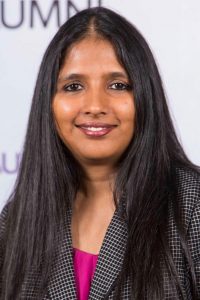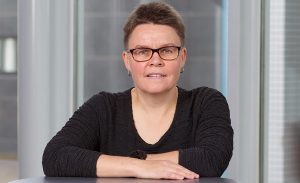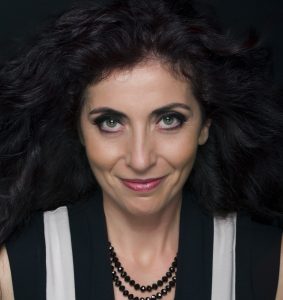 Our last online Physics Colloquium for the Autumn 2020 season will take place on Friday, December 18th. We will have an inaugural lecture to be given by a new professor in our Department, Sabrina Maniscalco, who is a world-renowned expert in Quantum Technologies.
Our last online Physics Colloquium for the Autumn 2020 season will take place on Friday, December 18th. We will have an inaugural lecture to be given by a new professor in our Department, Sabrina Maniscalco, who is a world-renowned expert in Quantum Technologies.
After obtaining her PhD in theoretical physics from the University of Palermo, Sabrina Maniscalco has worked in Bulgaria, South Africa and the UK before becoming a professor and Chair of Theoretical Physics at the University of Turku in 2014. She is now joining our Department of Physics at the University of Helsinki as the new Professor in Quantum Information and Logic. She is also the Vice Director of the Finnish Centre of Excellence for Quantum Technologies. Her research interests include open quantum systems, quantum brownian motion, as well as cold atoms and quantum tomography. She is also very active in outreach and communication, in which she likes combining art and science.
In her colloquium, titled The Promise of Quantum, Sabrina will talk about how combining quantum research with other fields of science could help tackle global challenges.
The event will be held on Friday 18.12.20 at 14:15, on Zoom (Meeting ID: 667 9916 8136 – Passcode: 994654).
Here is her abstract:
Quantum Science and Technology have entered a new exciting age characterized by a high degree of cross-fertilization and interaction among different fields. Specifically, the utilization of quantum phenomena in combination with AI, complex network theory, and big data promises to impact in a tremendous manner our ability to tackle the most urgent global challenges faced by humanity: from energy to environment, data security, and health.We are at a stage in which completely new approaches, combining quantum and classical resources, are being developed and they have already shown capabilities to re-think and attack problems from a completely different perspective.In this colloquium I will review some of the most promising new methods – such as complex quantum networks and quantum simulators for chemistry, biology, and new materials – highlighting the challenges and exciting prospects that lay ahead. I will also discuss how the research performed in my group sits in the context, presenting some examples of open problems and possible quantum-enhanced solutions.
In the spirit of our usual cocktail reception, we encourage all attendees to join us with a glass of your favourite tipple. Cheers!
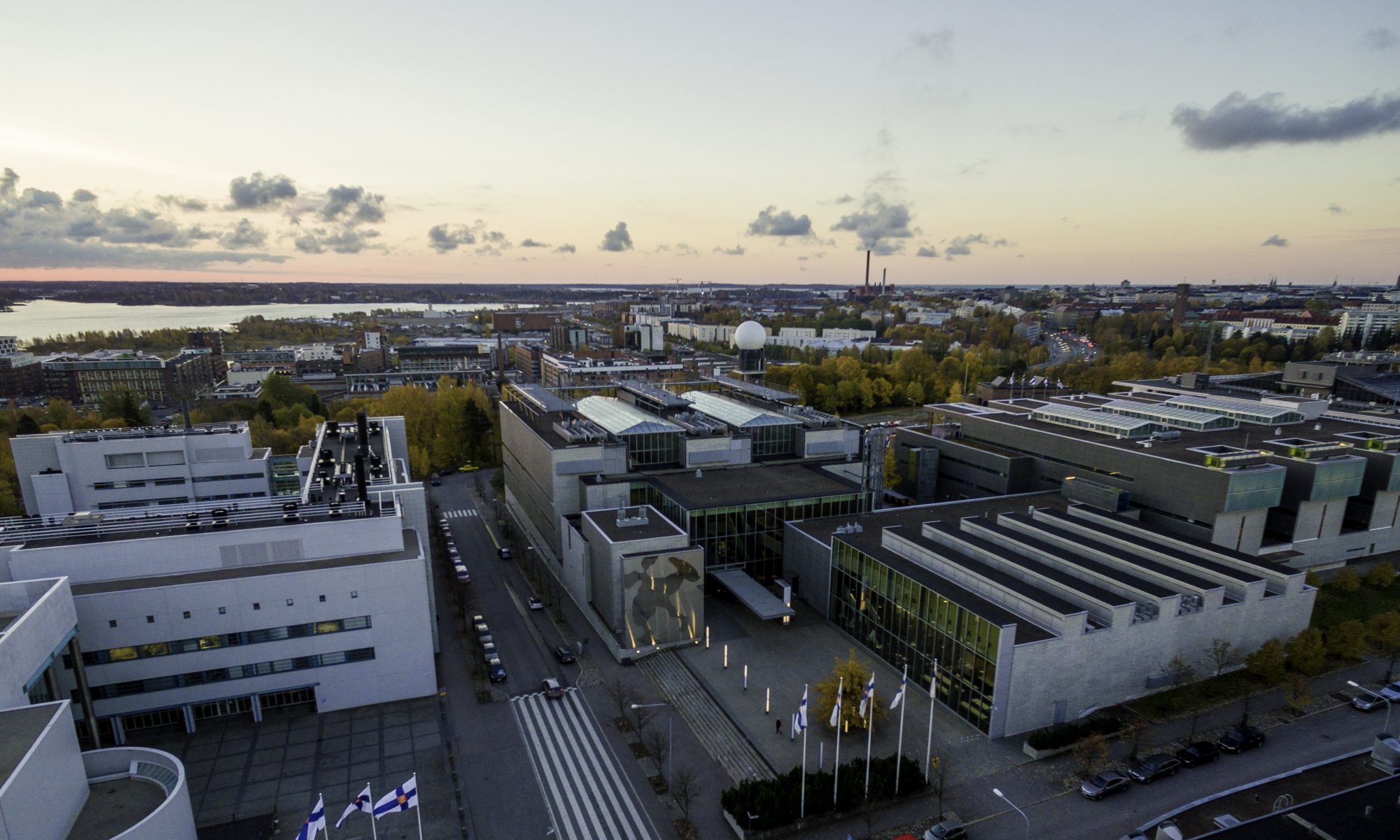
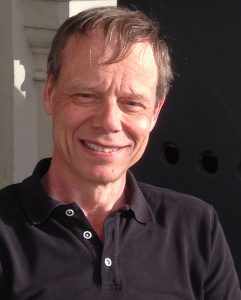 sics Colloquium will take place on Friday, November 27th. We will have a presentation to be given by Christer Fuglesang.
sics Colloquium will take place on Friday, November 27th. We will have a presentation to be given by Christer Fuglesang.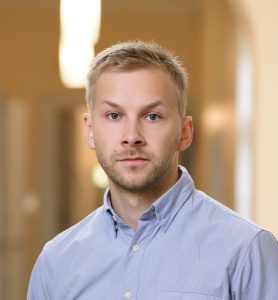 sics Colloquium of the new academic year, we will have a presentation to be given by Joonas Nättilä. In his colloquium, entitled Astrophysical turbulence: from stirring coffee to illuminating black holes, Joonas will give an overview on how supercomputer simulations can help shed new light on astrophysical turbulence.
sics Colloquium of the new academic year, we will have a presentation to be given by Joonas Nättilä. In his colloquium, entitled Astrophysical turbulence: from stirring coffee to illuminating black holes, Joonas will give an overview on how supercomputer simulations can help shed new light on astrophysical turbulence.